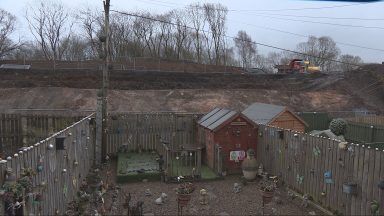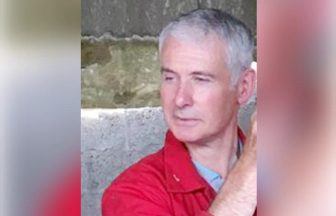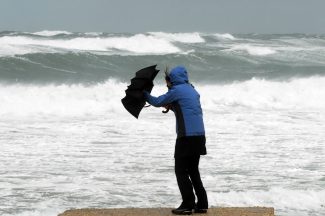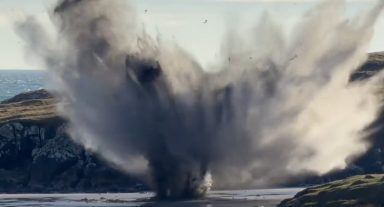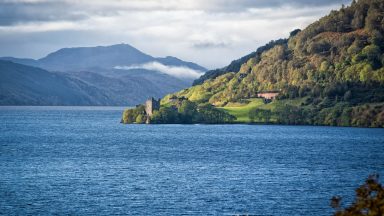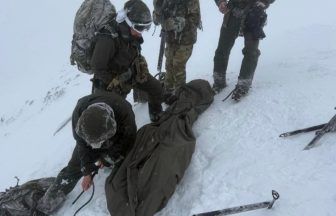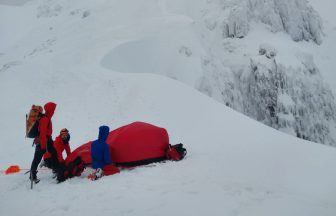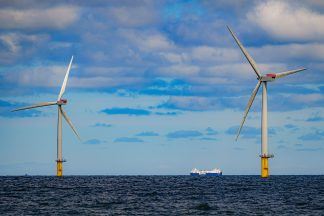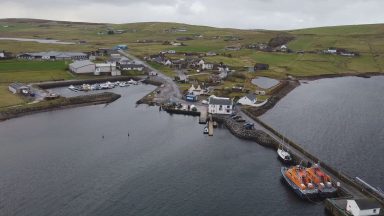A pod of 23 pilot whales found dead in Orkney could be left to decompose naturally, the local council has said.
The mammals were found on Roo Beach in Sanday on Sunday after a mass stranding.
Volunteers at the Scottish Marine Animals Stranding Scheme believe the animals had lain undiscovered for up to three days due to the decomposition of their bodies.
Following the incident, the local authority said the issue is being treated as a “priority” and urged visitors to avoid the locations where the whales have been discovered.
Orkney Islands Council has confirmed it is considering many options, including leaving the bodies where they are and “allowing nature to take its course.”
A spokesperson said: “Following the stranding of 23 pilot whales at Roo Beach in Sanday, Orkney Islands Council is carefully working through options for how to handle the situation, including the option to leave the whales in situ and allowing nature to take its course.
“There are various factors at play, including the advanced state of decomposition of the whales and the location of the stranding. Discussions continue with a number of agencies and Sanday community representatives on agreed next steps.
“We would continue to strongly advise local people and visitors to stay away from the area.”
The incident comes as experts are seeing an increase in the frequency of mass strandings and the number of animals affected.
Just over a year ago, 77 pilot whales stranded at Tresness on the island, and in 2023, another mass stranding happened on the Isle of Lewis.
“To put this into context, we’ve been monitoring strandings and mass stranding events closely in Scotland for over 30 years, and we’ve found that the number of mass stranding events has increased both in the number of animals involved and the frequency,” Andrew Brownlow, director at SMASS, told STV News.
He added that teams are working to figure out why pilot whales are specifically being impacted in these incidents.
“Pilot whales are a deep ocean species; their habitat is a long way from the coast. Although their presence in coastal waters is not unheard of, that is not their normal habitat.
“Why have they moved from their normal habitat? It could be injuries, illness, disease, ecological drivers, or for feeding.
“If we can understand the factors at play, we have a better chance of working out how to prevent this from happening in the future.”
Follow STV News on WhatsApp
Scan the QR code on your mobile device for all the latest news from around the country


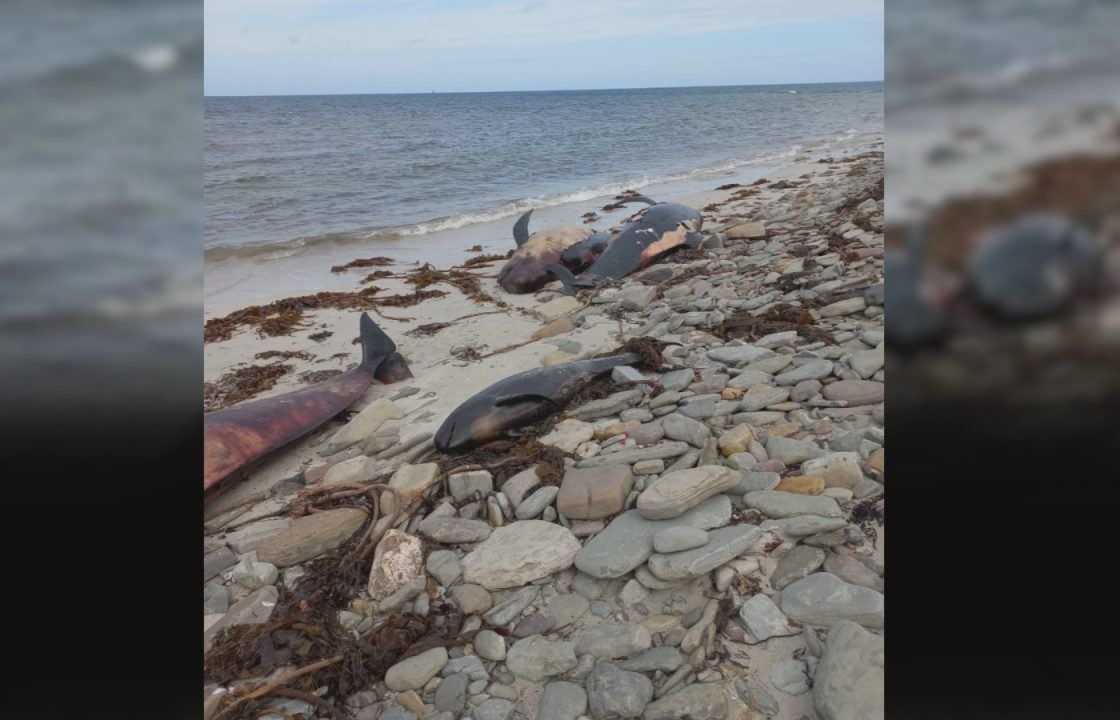 STV News
STV News

